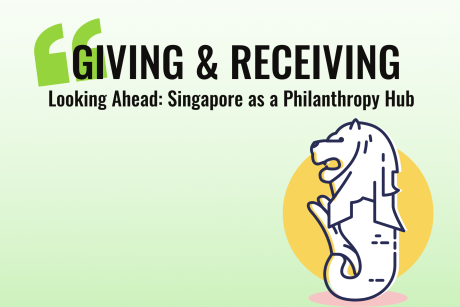.png)
Urbanisation is commonly regarded as a sign of progress for many developing countries primarily because they provide spaces for various forms of industry to develop. While “world cities” are financially more well-endowed and able to do a better job of ensuring a decent quality of life for its residents, they are also financial hubs that inevitably prioritize business and economic needs over the needs of residents.
How might social innovation play a role in making world cities more liveable and compassionate for its residents? How can development foster a sense of place and identity for residents and communities?
The balance of top-down versus bottom-up approaches can set the stage for more holistic and inclusive discussions, giving ample allowance for different perspective and views. Public participation in urbanisation helps create a greater sense of ownership, resulting in amenities and services being fully utilised by the public and a reduction in wastage.
Interesting discoveries such as these were made during LCSI’s second Changemakers’ Café: Reimagining World Cities. From Singapore to Brisbane to Seoul, each city covered a different tangent of discussion towards becoming a world city, including the interrelatedness of policies, transportation, food, and diversity. At the end of the day, a happy city is one where its own residents are also given a part to play in its urban planning.
Watch the full webinar below!








Comments